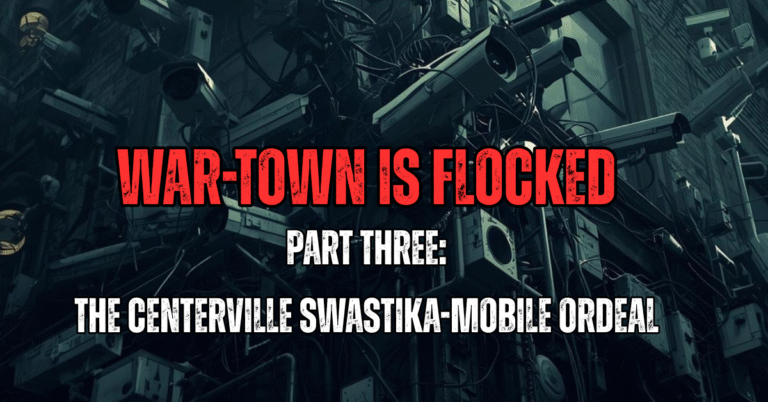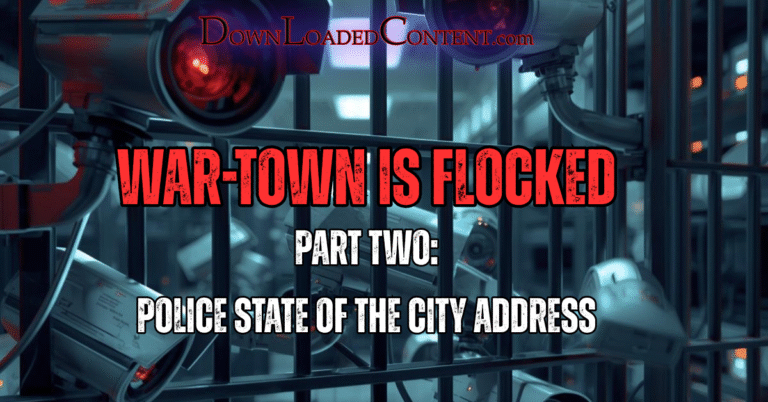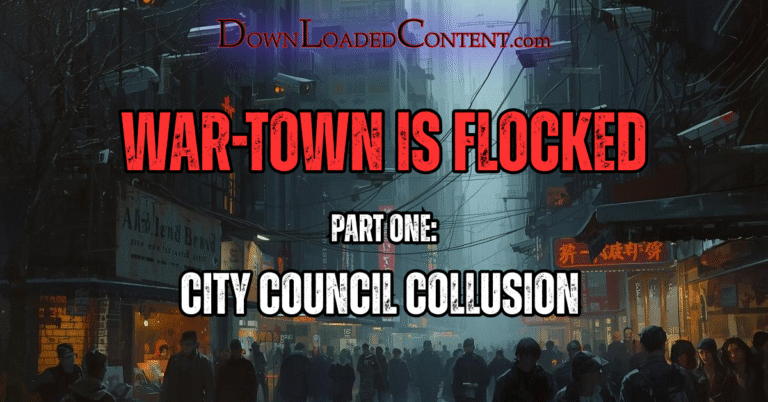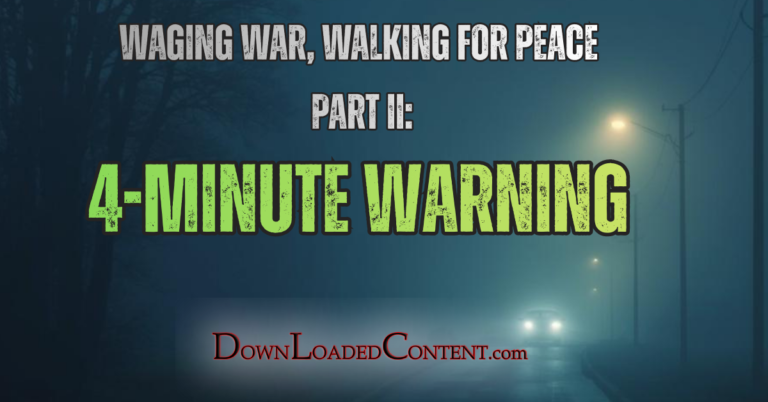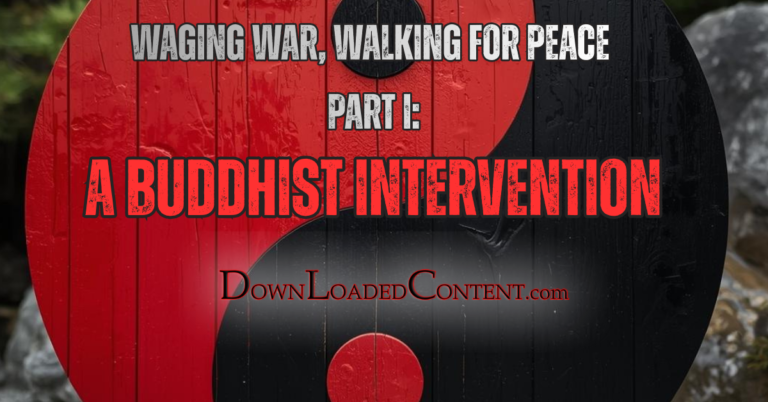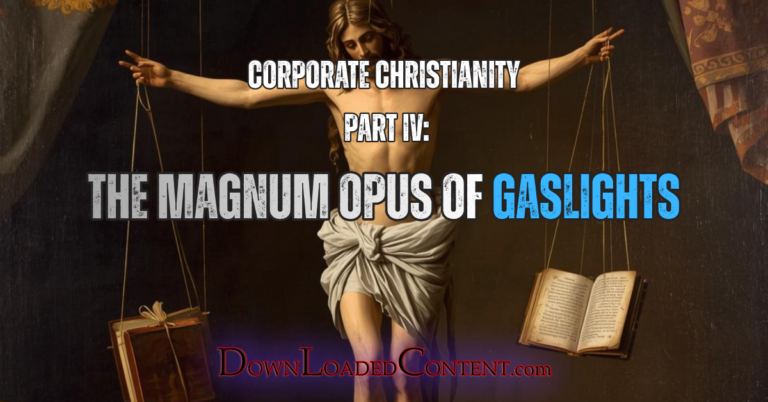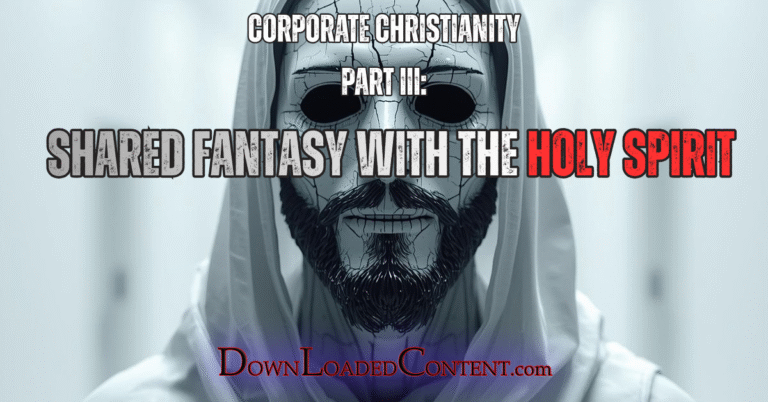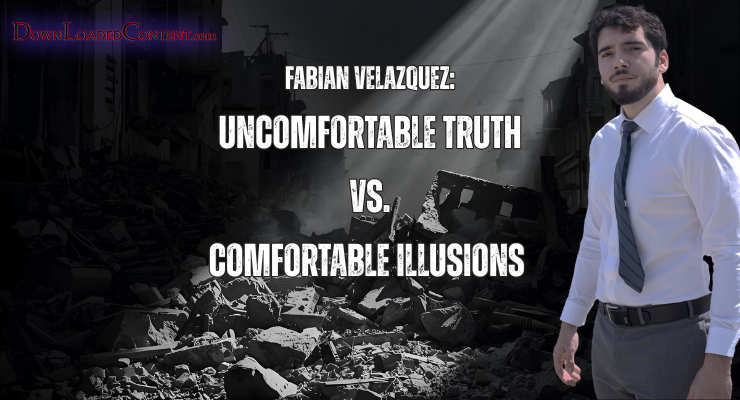
Down here in the fictional city of War–Town, the air is thick with campaign slogans and the faint scent of smoke from burning distractions. The mayoral race between incumbent LaRonda Patrick and challenger Fabian Velazquez has become a masterclass in how optics can be weaponized against honesty. What’s unfolding isn’t merely an election — it’s a morality play about the comfort of illusion and the cost of truth.
From the moment Fabian Velazquez stepped into this race, the deck’s been stacked against him. During the first debate, the moderator might as well have been an extra campaign spokesman for the incumbent. Fabian was handed a busted microphone, talked over, and given little equal time to respond. What was supposed to be a fair forum turned into a scripted production. Then came the Meet the Candidates forum, where the host, Lori Johnson, displayed clear bias — shutting down Velazquez’s ability to respond to critiques from the floor while letting the incumbents roll unchallenged.
And then, of course, there’s the local media — or rather, the illusion of it. 13WMAZ interviewed Fabian on October 2nd and asked him the same questions they asked Patrick. But while Patrick’s interview ran promptly, Fabian’s was quietly shelved, only to be aired later in what looked suspiciously like a hit piece. The local mainstream outlets haven’t once taken the time to unpack his platform — only his criticisms. They never verified whether the viral James Drinkard video was authentic or selectively edited. In War–Town, the press doesn’t challenge power; it protects it.
But what’s most remarkable is that Velazquez has persisted. He’s not a career politician or a silver-spoon hopeful — he’s a man who clawed his way up from the mud. Born into meager circumstances, raised in trailer parks, he knows what it’s like to start with nothing. Through sheer grit and determination, he built a successful local business and lifted himself out of poverty. His campaign isn’t about magazine covers or collecting accolades from the political establishment. It’s about fixing what’s broken in a city he loves — a city most of its leaders treat like a photo op.
A System That Punishes Truth-Tellers
While LaRonda Patrick’s camp serves up slogans like “Promises Made, Promises Kept,” Fabian’s been busy pointing out how many of those “kept” promises are still missing in action. The Vietnam Veterans Memorial? Still just a plot of land with a sign. The new homeless shelter? Ribbon-cut and camera-ready — right before election season — yet the lights are off and there’s no furniture inside. Meanwhile, the city’s finances are in crisis. City Administrator James Drinkard himself admitted, in an internal video, that War-Towns’ expenses far outweigh its revenue. The city is, in plain language, broke. And yet, you won’t hear the Patrick campaign acknowledging that inconvenient truth.
Fabian has also been the one unmasking the illusion of “revitalization” in Commercial Circle — where demolition crews have been busy, but the only evidence of a brighter future are AI-generated concept photos. Behind the buzzwords of “growth” and “innovation,” Fabian warns of a looming danger: gentrification. The current administration’s plans risk pushing out the very residents who’ve held this city together through hard times. Fabian, by contrast, has articulated real proposals to rebuild the north side — not just beautify it for developers.
And let’s not forget the Flock surveillance system — a massive surveillance camera network sold to citizens as “crime prevention.” Fabian’s pointed out what it really is: a revenue generator that will burden the poorest residents while doing little to make anyone safer.
The Price of Dissent
For daring to question the comfortable narratives, Fabian has become the target of the machine’s smear tactics. A 30-second clip from his hour-and-twenty-five-minute appearance on the SoulFresh Podcast was taken out of context and circulated as proof that he “doesn’t care about homeless people.” In reality, Fabian was making a pragmatic point — government isn’t in the business of charity; it’s in the business of infrastructure. If the city weren’t broke, he’d gladly discuss funding shelters. But context doesn’t fit neatly into a social media soundbite, and that’s what modern politics thrives on — short attention span theater.
LaRonda Patrick, of all people, should’ve known better. She’s been burned by similar tactics before. Yet she jumped on the distorted clip, repeating it in interviews and claiming, “He’s shown us who he is.” What she’s really shown is how easily truth is sacrificed for a few points in the polls.
And here’s the irony: while the establishment paints Fabian as heartless toward the homeless, a simple drive around War–Town tells a different story. Signs everywhere read, “No loitering, soliciting, or panhandling. Violators will be prosecuted.” Those signs bear the seal of the Warner Robins Police Department — which takes its marching orders from the mayor and council. If compassion is the standard, maybe the folks criminalizing poverty shouldn’t be the ones pointing fingers.
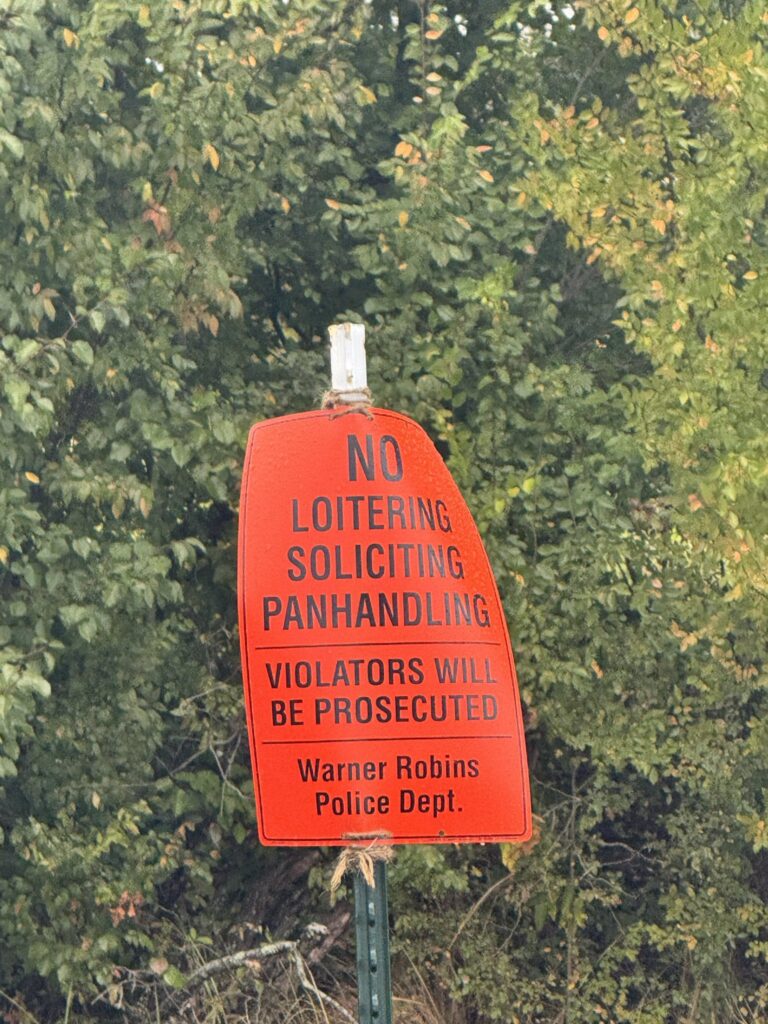
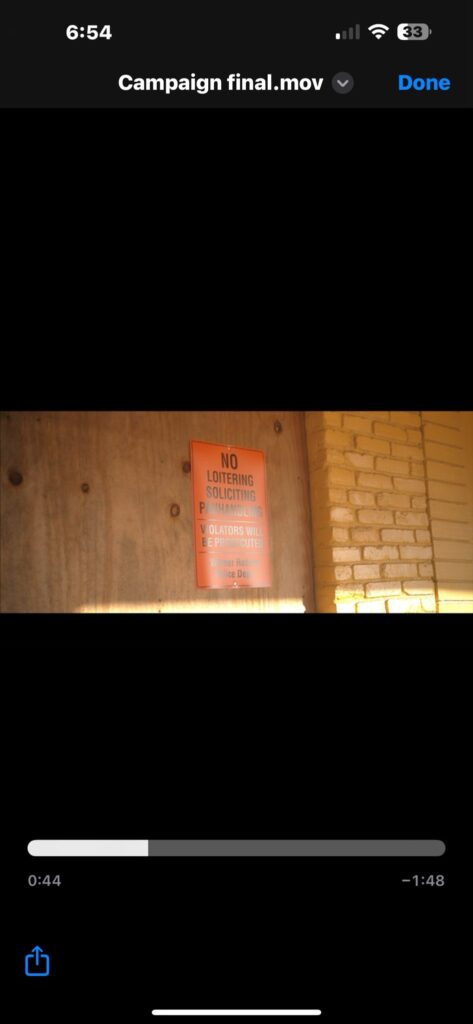
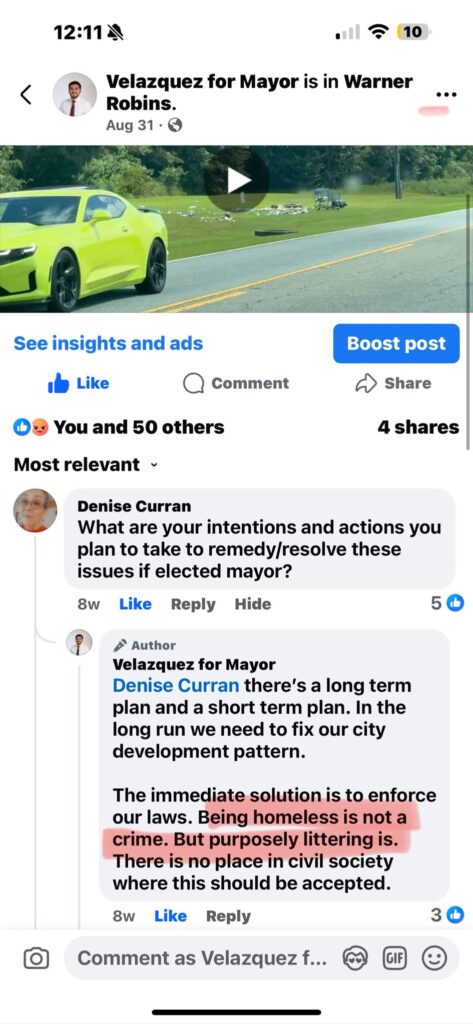
The Illusion of Unity
One of Fabian’s most courageous stands has been against the illusion of unity projected by the current administration. Patrick and her city council like to boast that they’re “of one mind and one accord,” as if groupthink were a virtue. But as Fabian’s pointed out, when every politician agrees on everything, that’s not harmony — that’s collusion. A government where no one dissents is a government that’s stopped thinking.
That illusion of unity began to crack recently during a city council meeting when Councilman Charlie Bibb went off-script — and off the rails. In what could best be described as a bumbling tirade, Bibb announced that if Fabian Velazquez were elected mayor, he wouldn’t be working with him. His reasoning? Fabian’s campaign rhetoric had “slighted everyone up there.” Between stammers, tangents, and a few verbal detours into incoherence, Bibb all but confirmed what Fabian’s been warning all along — that the council’s allegiance is not to the people, but to each other. His outburst made one thing crystal clear: if War-Town’s citizens dare to choose reform, certain members of the establishment are already threatening sabotage. And he’s not alone; at least one other council member nodded along in a vocal “amen“, cementing the unspoken creed of the machine — “If you’re not with us, you’re against us.”
And as if symbolic of that same hostility, there’s been video footage surfacing of city employees — possibly from code enforcement or the police department — collecting Fabian Velazquez campaign signs across the city. Nothing says “fair election” quite like the city picking up one candidate’s message while the other’s banners stay untouched.
Council meetings have turned into echo chambers, with members lining up to praise Patrick as though they’re at a coronation rather than a public hearing. Fabian’s had the guts to call it what it is: a red flag. Real leadership isn’t about everyone singing the same song; it’s about honest disagreement, oversight, and accountability.
The Real Issues Beneath the Noise
While others are busy posing for cameras, Fabian keeps talking about the things that actually matter. The city’s crumbling infrastructure. Water mains bursting week after week because the system — built in the 1950s — is overstressed from reckless expansion. Apartment complexes and big-box stores have been popping up like mushrooms, drawing money out of the city while pushing its physical limits to the breaking point.
And now, thanks to Fabian’s persistence, residents know that the fictional City of War-Town is about to face an external audit over the potential misuse of Hotel-Motel Tax funds. Councilman Kevin Lashley even admitted, “November’s going to have a lot of fun meetings.” Translation: the truth is coming, and it won’t be comfortable for the establishment.
The Battle Between Two Realities
At the end of the day, this race isn’t between two candidates — it’s between two worldviews. On one side, the comfortable lie: photo ops, empty slogans, slick campaign banners, and the illusion of unity. On the other, the uncomfortable truth: a city in financial distress, rotting infrastructure, a complicit council, and an electorate distracted by social media soundbites.
Fabian Velazquez represents the hard road — the one where real problems get addressed, and where progress is earned, not staged. He’s not playing to win a popularity contest or a Netflix-style episode of Local Politics: The Sit Com. He’s standing up because no one else would.
In a city addicted to comfort, Fabian’s campaign is a mirror — and most people don’t like what they see in it. But that’s what truth does. It doesn’t flatter; it confronts. And sometimes, the bravest thing a man can do is refuse to sit quietly while the machine hums along, selling illusions to a weary public.
So yes, the people of War-Town have a choice to make. They can keep living inside the fantasy of unity, slogans, and shiny promises — or they can face the uncomfortable truths Fabian Velazquez keeps trying to bring to light.
From where I sit — tail wagging, ears perked, watching this cosmic drama unfold — the choice seems obvious. But then again, you humans are so easily distracted by dopamine drips with soundbites that tickle your ears. Porno for Pyro’s had a point when they crooned “You’ll make great pets. You’ll make great pets.“

